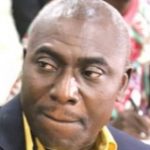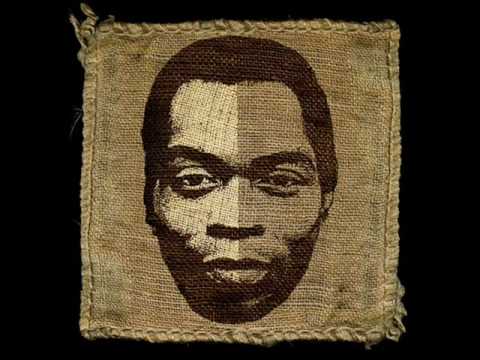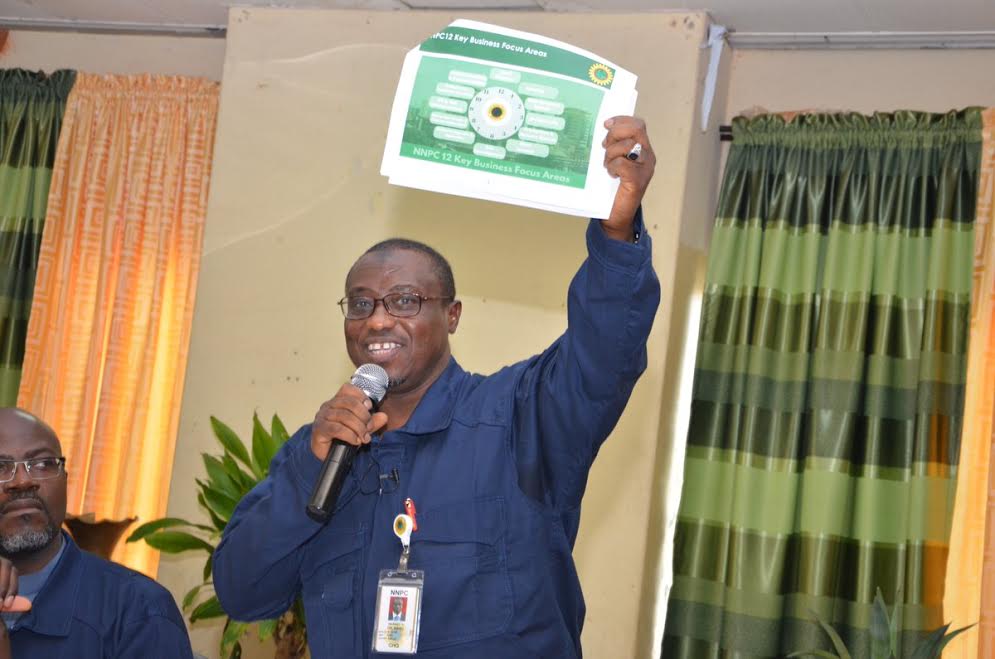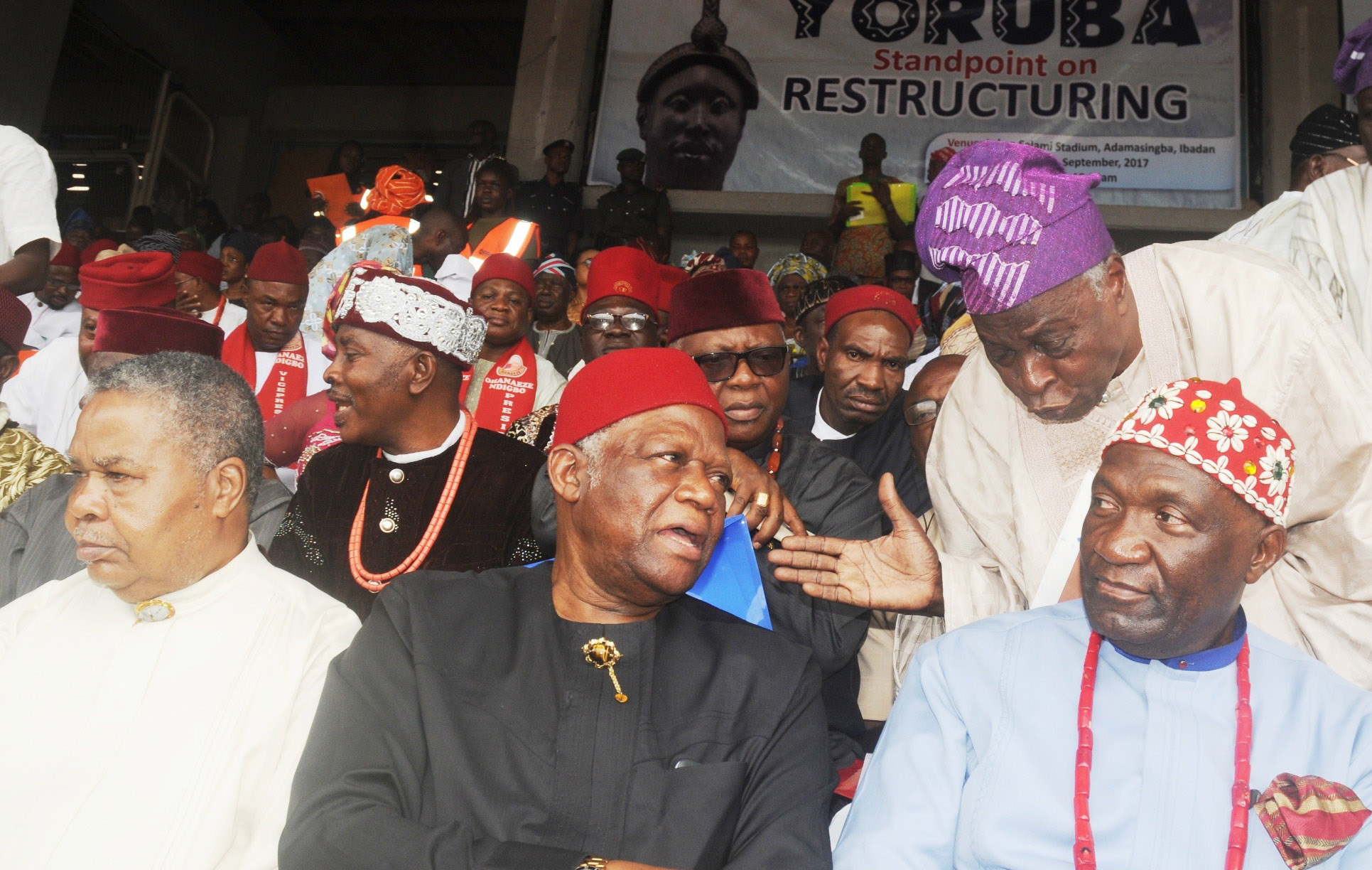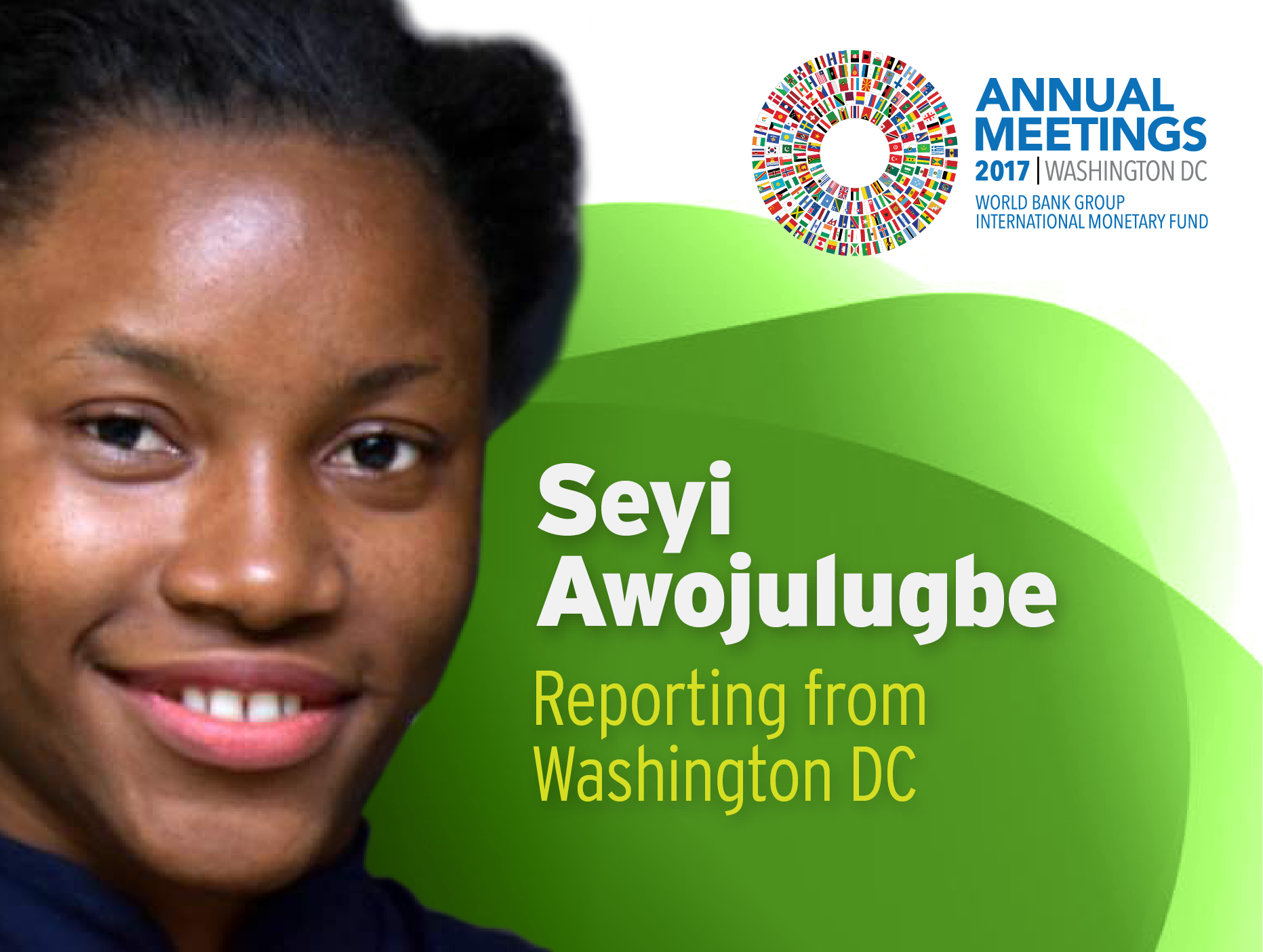From the second week of this October the power of the Fela persona will surely resurface as the annual Felabration comes alive.
Some extra flavour to this year’s Felabration should be expected being the 20th anniversary of the passage of the afro beat originator and revolutionary artist. As usual there will be live performances by international and local bands; there will be rendition of many of Fela’s tunes; and more importantly there will be turnout of thousands of afrobeat faithful at the epicentre of the celebrations – the New Afrikan shrine in Ikeja – and elsewhere in Lagos and Ibadan.
Also as usual, the dominant faces in the Felabration crowd will be hundreds of youths who had not been born or probably were infants about the time the Abami Eda was taking his final bows from stage and mother earth. Yes, they did not and could not have seen Fela in person not to talk of ever watching any of his live shows but they will be there all the same because they have come to know him through his many lyrics that speak to today’s reality almost beyond imagination.
My generation shares similarity with the younger generation in the above sense for it was Fela’s lyrics that first connected us with him. The added advantages which some of us enjoyed included the fact that we later got to know him at lectures and live performances on campuses as well as at the second Afrikan shrine on Pepple street in Ikeja. We also met him through journalism pursuits and engagement in common political struggles.
Advertisement
In this regard I do recall that my brother, Ayodele, and I first knew Fela as teenagers while simultaneously working as laboratory attendants and retaking WAEC at Ijebu-Jesa Grammar School. That privilege came our way courtesy of the fact that Bros Dandy, an Uncle of ours operated a radio repairs and music shop uptown and we were always there to listen to varieties of music including that of Fela. Those were the days of record cassettes and anytime we listened to any of Fela’s new albums, we would freely obtain the cassettes to replay and replay on our sound system at home.
Prior to this period, Fela’s Kalakuta republic had been razed in 1977 by soldiers from Abalti barracks in Surulere acting on the orders of the then Obasanjo/Yar’ Adua military government, which was obviously infuriated by the record Zombie in which Fela’s made scathing attack on uniformed men . The lyrics that flowed from that brutal experience were full of expression of anger against the injustice in the society, especially as meted to him by the powers that be. And so we listened to Sorrow Tears and Blood, Run Run and much later as undergraduates, Unknown Soldier, in which Fela’s lamentation about how ‘dem kill my mama, 78 year old mama, ideologically mama’ won wide spread sympathy for him.
As young boys we were also able to energetically gyrate to the danceable beats. Neighbours started thinking that we had really gotten possessed when we started doing so in underwear having seen Fela in pants on the back of his album and in newspapers. Living then at the boys’ quarters of another Uncle, late Salau Ojelabi, within his Country Hotel premises we were becoming some spectacle and I also do recall that a Ghanaian teacher who lived upstairs would always drag his wife inside anytime our noisy live performance (in underwear only) of the Ijebu-Jesa version of the Kalakuta show attracted her to the balcony.
Advertisement
Now with the benefit of hindsight, it invariably meant that through Fela we the then teenagers had begun part of the political journeys that would take us into the world of radical and revolutionary activism for the socio-economic transformation of Nigeria.
Indeed, I had become an undergraduate at the University of Ife in the 1980s and was already a students’ union activist when I had my second encounter with Fela by watching him perform live at the amphi-theatre on the campus and later by getting involved in the struggle to free him after he had been jailed for alleged currency trafficking offence by the Buhari-Idiagbon military government in 1984.
At this later stage of the second encounter, I was already President of the National Association of Nigerian Students (NANS) and it had been the idea of Fela’s Lawyers, late Kanmi Isola-Osobu and Femi Falana (FF) that on the day of judgment over the currency ‘offence’, I would be invited to enter a mitigation plea on behalf of millions of students and youths before the Justice Okoro Idogu tribunal. Preparatory towards this, I was privileged to accompany Kanmi and FF to meetings with the Kutis at late Prof. Olikoye Ransome-Kuti’s Alaka, Lagos residence where I first met Femi Kuti and Keji Hamilton, one of Fela’s legendary key-boardists.
But I never made it to the Tafawa Balewa square venue of the tribunal on judgement day as armed soldiers forcefully turned me back because I was not a lawyer. There were outbursts of tears once the verdict became public knowledge and there was commotion at Fela’s Ikeja residence where Fela’s boys and girls were already giving Prof. Hindu, the Ghanaian magician who had become Fela’s oracle diviner, the beating of his life for allegedly failing to use his black magic to prevent Fela’s arrest and subsequent imprisonment. Our presence saved Prof. Hindu as he rode with us in Kanmi’s car to Ikeja under-bridge where he gladly dropped off.
Advertisement
The struggle to free Fela took off in earnest and we students played major roles in this. I was later invited to deliver a lecture at the Afrikan shrine as part of the ‘Free Fela’ campaign. That invitation meant that for the first time, I had to attempt a political and social analysis of Fela’s musical messages. I did this by examining about ten of Fela’s songs including the already mentioned Zombie, Sorrow Tears and Blood and Unknown Soldier as well as International Thief Thief, Vagabonds in Power, Shuffering and Smiling, Yellow Fever, etc, explaining in the process how they dealt with the whole gamut of malaise afflicting our society including police and military brutality, abuse of human rights, social and economic injustice, pervasive corruption, artificial beauty, etc as one would strive to do again in this short series. A copy of that lecture should be lying somewhere among late Beko Kuti’s archives.
Beko was the central figure in that struggle and he became quite disturbed when the military authorities decided to seize copies of ‘Army Arrangeement’ alongside promotional vests and other materials while Fela continued to suffer in prison. At a stage he decided to seek the assistance of Prof. Wole Soyinka and requested that I travel to Ife to help enlist his support and fix an appointment. Soyinka obliged and few days later the three of us met over a lunch of Eba and okro complete with bird and bush meat, the products of the Nobel Laureate’s famous hunting expeditions. It was a much relieved Beko that travelled back to Lagos following Soyinka’s pledge to intervene.
The third encounter with Fela came in the post-1984/85 detention period. Now living and working as a journalist in Lagos one became a fair regular at his Friday night and Saturday ‘yabis’ night comprehensive shows, press conferences and other activities including album launch. At some point, one was privileged to have witnessed the public launch of Confusion Break Bone (CBB), Overtake don Overtake Overtake (ODOO), etc sometimes as Master of Ceremony.
I can recall that it was at the launch of CBB that Fela’s in his remarks humorously attested to the prophetic nature of his own music. ‘You see when I dey compose dis song, dat time those who dey rule Nigeria dey call demselves head of state but as I dey record the song the word President just enter my mouth. I no know say Babangida go come and call himself president. Na so my music be, e fit wait for you for ten years o, hin go just catch you ni pemu’, he had said to loud cheers. Fela was referring to the verse – dem come dey hold Shagari, dem say president Shagari him steal, se Shagari alone dem go hold, about the other presidents too – in the album.
Advertisement
Starting with the immediate post-detention block buster, Beast of No Nation (BONN), Fela’s lyrical narratives at this phase were politically sharper, deeply reflective, highly intuitive, more conversational about the issues of the day and decisively more critical about various manifestations of power abuse. Thus, from BONN to CBB; from Overtake don Overtake Overtake (ODOO) to Country of Pain (COP); from Underground System (US) – recorded as a tribute to assassinated radical military leader of Burkina Fasso, late Captain Thomas Sankara – to Teacher Don’t Teach Me Nonsense and from Government of Crooks (GOC), Chop and Clean Mouth Like Nothing Happen Na the New Name for Stealing to Condom Scallywag Nonsense, the hot numbers came rapidly as if Fela knew the end was near and he had to download for posterity.
Interviews with the Abami Eda, often after midnight, during this period were also livelier and full of more jibes. “Arogundade, you said you dey do human rights and Martins Luther King grandson came to Nigeria. Him no visit me Fela, wey don dey fight government so tey wey Nigeria police, not American police don beat; Niheria police sabi beat o. Him no even visit Beko who talk say him dey do human rights for Anthony but he come go visit policeman for Benin (jocularly referring to Chief Igbinedion). Me I no understand dis your human rights o”, he once told me during an encounter that would lead to a cover story for the Weekend Concord under the editorship of Mike Awoyinfa in the early nineties.
Advertisement
To go back to the beginning: If Fela’s music connects generations, if his music fills the air during mass movements as witnessed during the anti-fuel price hike protests and rallies of January 2012 and if his music would dominate the airwaves again this October, it is because in the final analysis he remains the ultimate prophet that saw our tomorrow and perhaps beyond as we shall seek to demonstrate in our own little way through the re-visit of one or two of his numbers.
Arogundade is the director of the International Press Centre (IPC), Lagos.
E: [email protected]
T: @lanreipc
Advertisement
Add a comment
